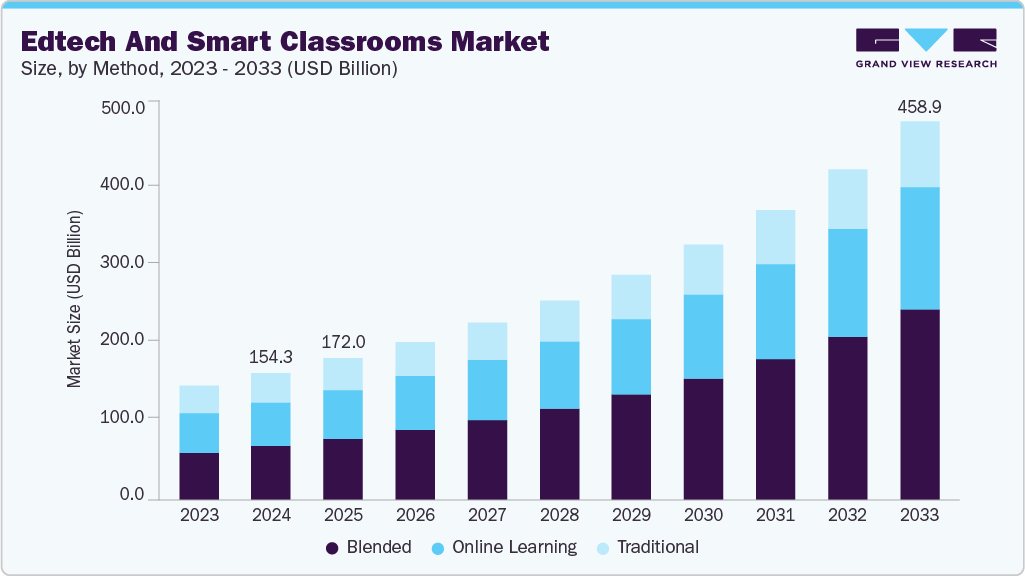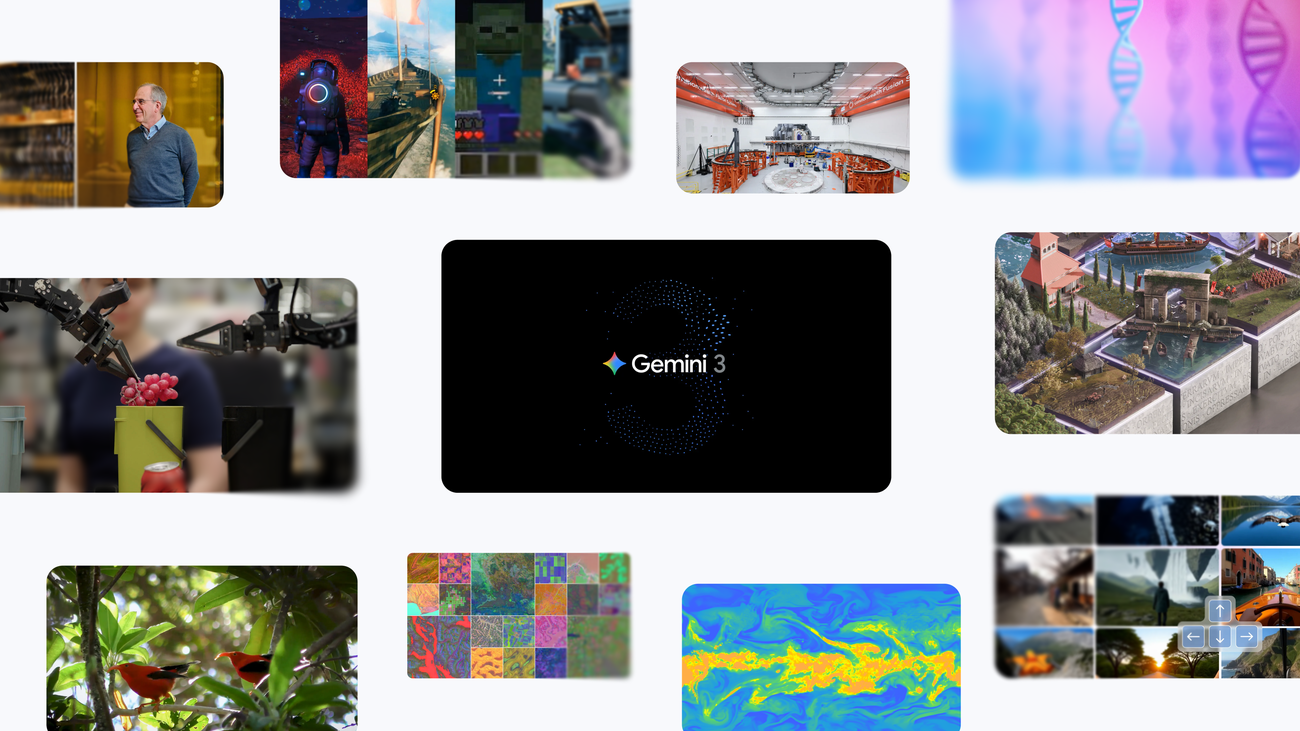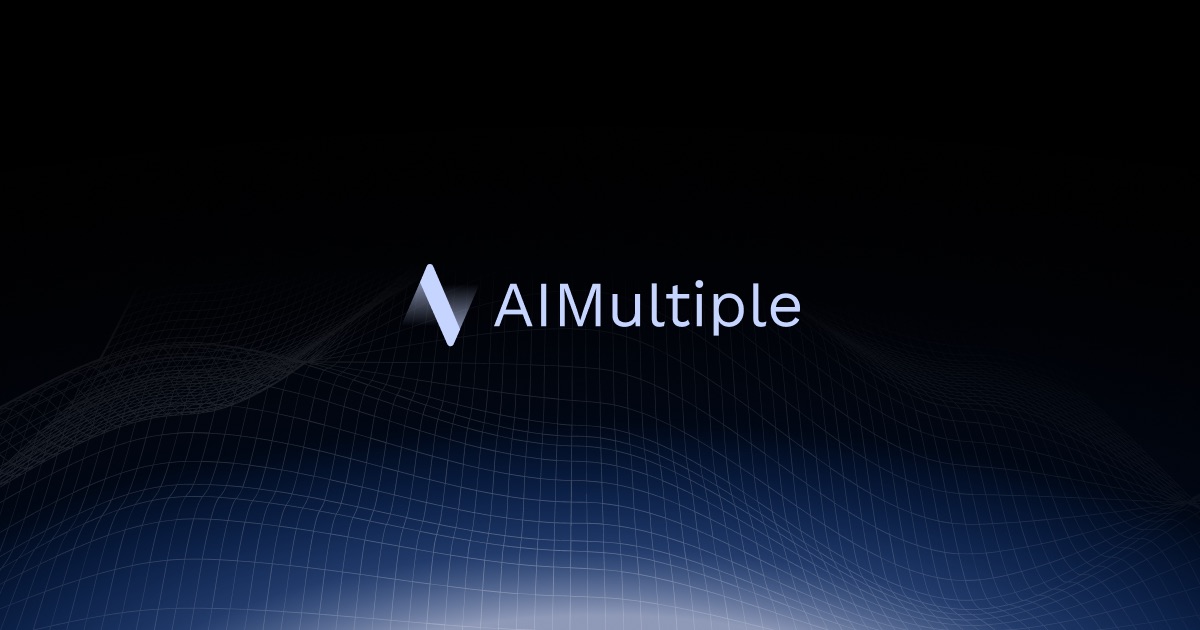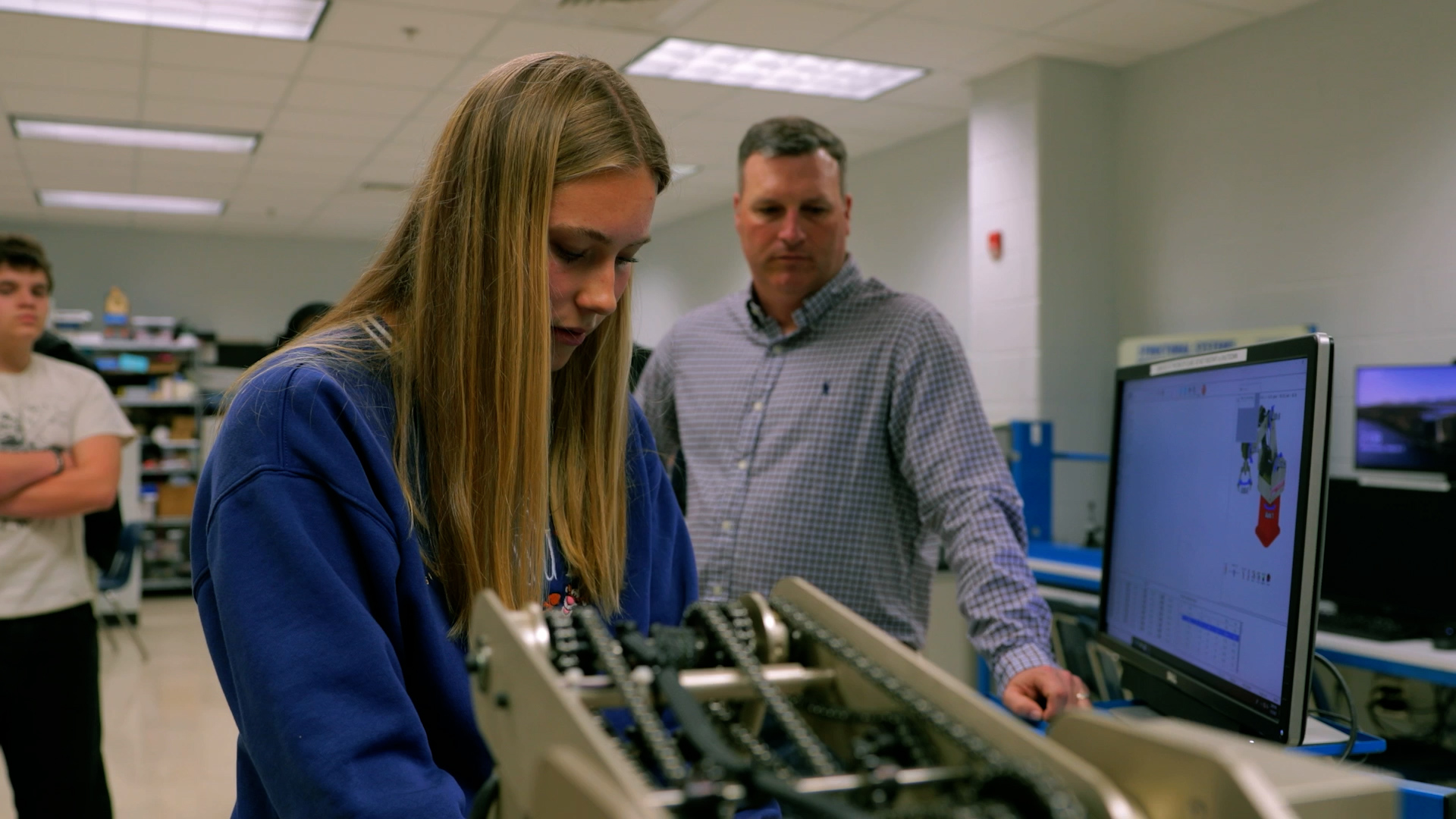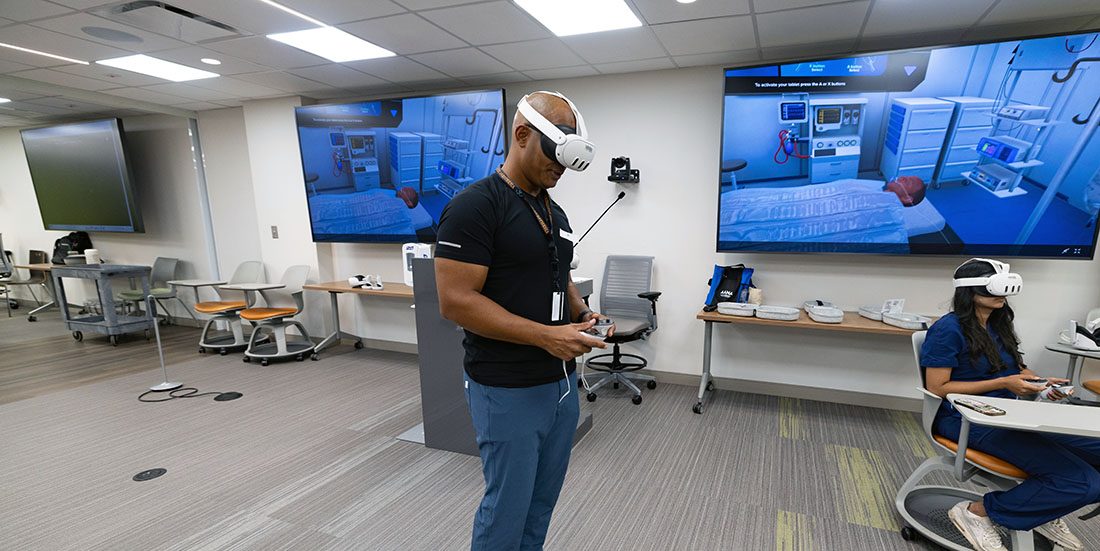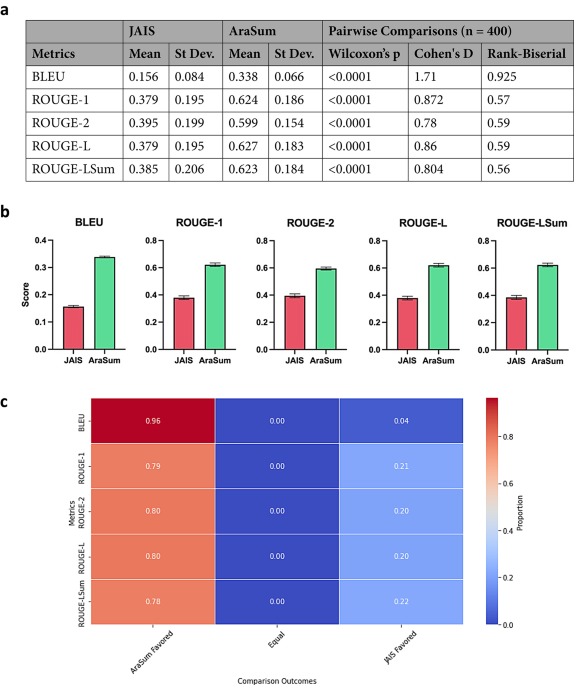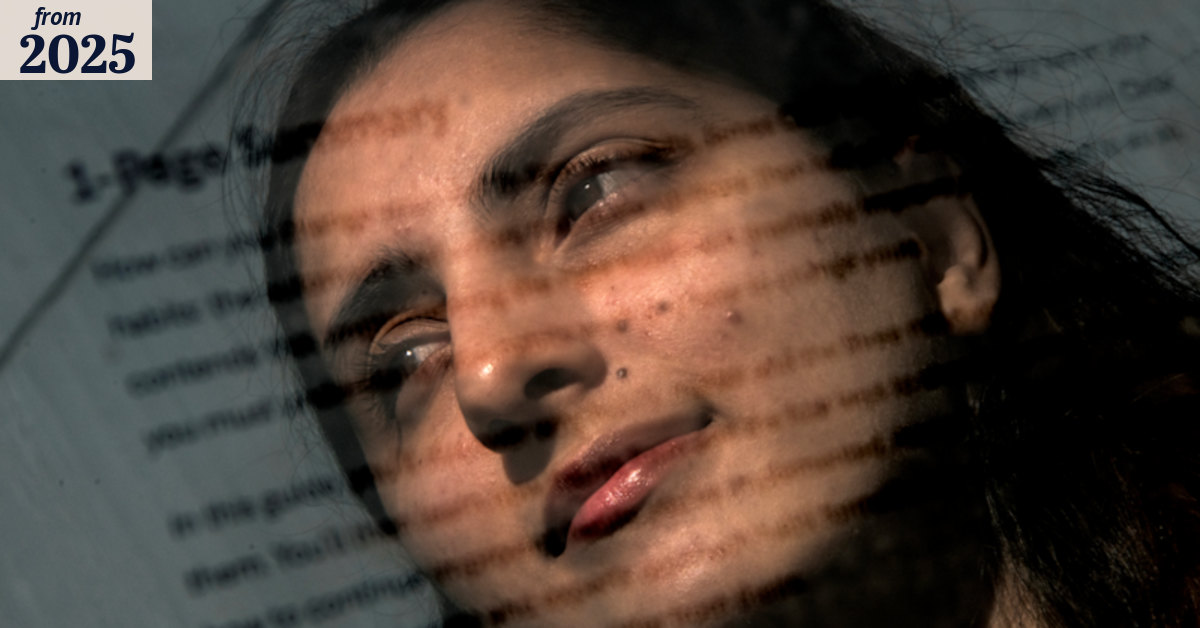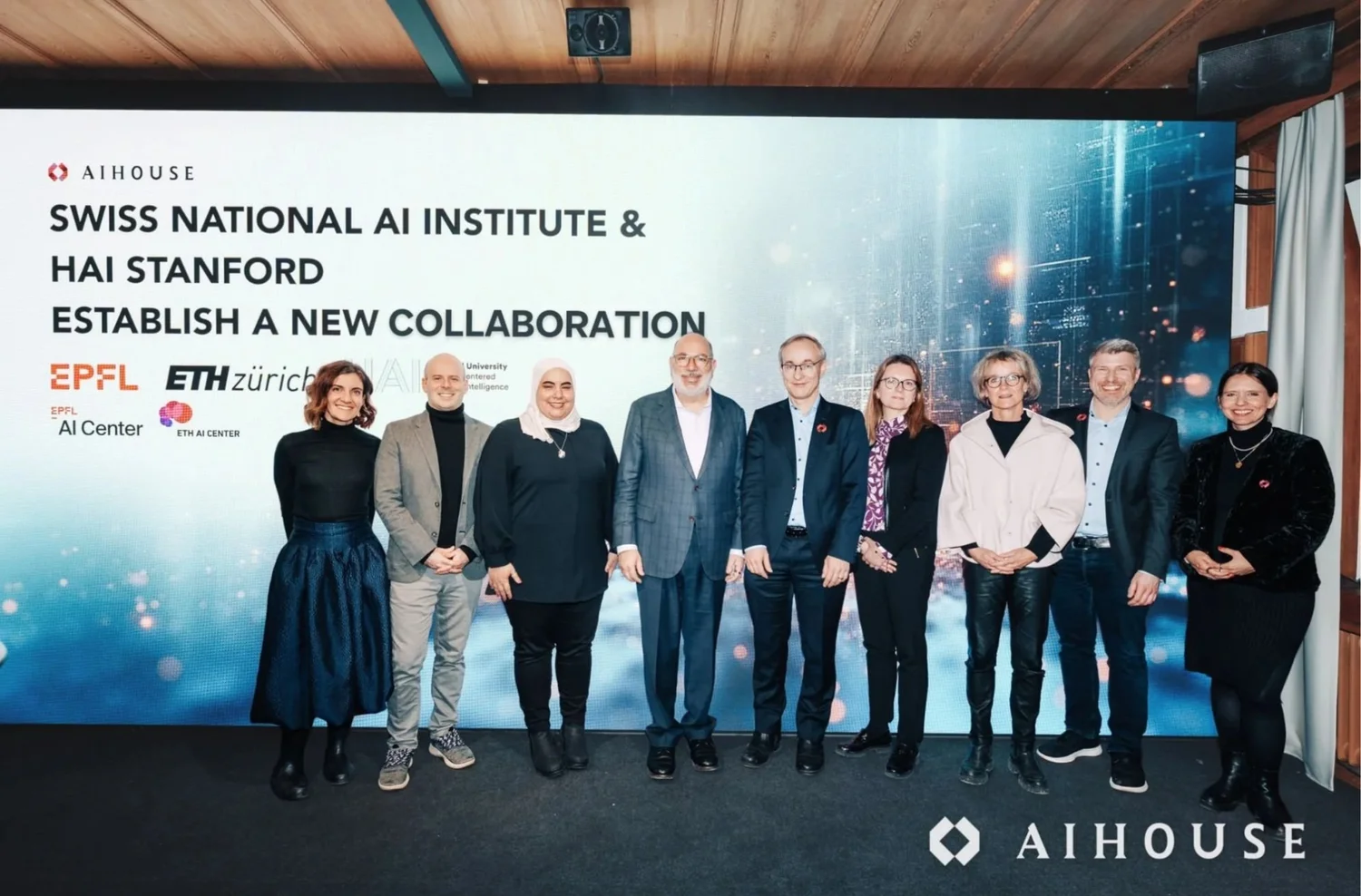
ETH Zurich, EPFL, and Stanford HAI formalize human-centered AI partnership
ETH Zurich, EPFL, and Stanford's Institute for Human-Centered Artificial Intelligence have announced a strategic collaboration to advance AI research and education, focusing on open, large-scale foundation models and their societal impact. This partnership aims to strengthen academic leadership in AI, emphasizing human-centered approaches and responsible deployment, while countering the influence of commercially driven AI development.


